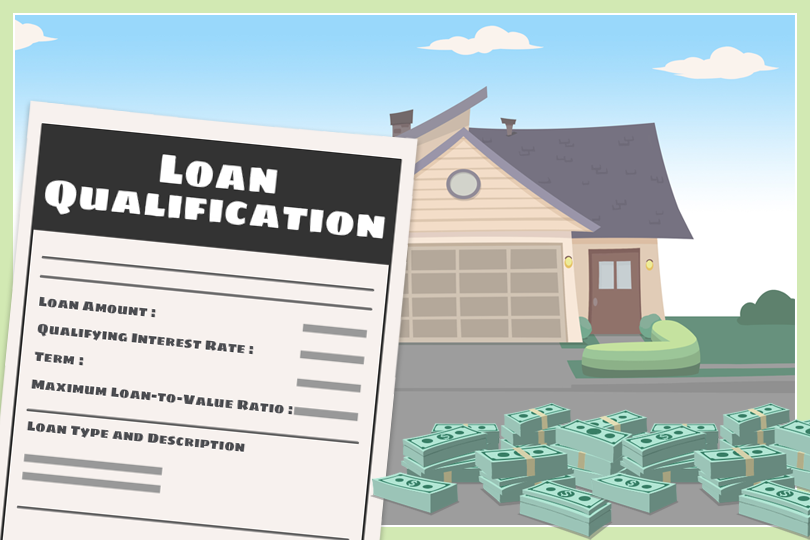How Do Other Mortgages Compare to FHA Loans?
February 17, 2025
True or False: FHA loans are the only government-backed mortgage option.
False. FHA loans are indeed government-backed (by the Federal Housing Administration), but so are VA loans (Department of Veterans Affairs) and USDA loans (U.S. Department of Agriculture).
True or False: Compared to conventional loans, FHA loans generally require a higher credit score.
False. One of the advantages of FHA loans is their more lenient credit requirements. You can often qualify for an FHA loan with a lower credit score than a conventional loan.
True or False: FHA loans always require a higher down payment than conventional loans.
False. FHA loans are known for their low down payment options, sometimes as low as 3.5%. Conventional loans can include a higher down payment, but not always. Some conventional loans may include low down payment options too, but they may come with other requirements like private mortgage insurance (PMI).
True or False: FHA loans have stricter debt-to-income ratio requirements than conventional loans.
False. FHA loans tend to be more forgiving with debt-to-income ratios, making them more accessible for borrowers with more debt.
True or False: Unlike conventional loans, FHA loans require mortgage insurance.
True. This is a key difference. FHA loans require both upfront and annual mortgage insurance premiums (MIP), which protect the lender if you default on your loan. Conventional loans may not require private mortgage insurance but you must typically put down a larger down payment (typically 20% or more).
True or False: Compared to VA loans, FHA loans are more restrictive on the types of properties you can buy.
False. Both FHA and VA loans have property requirements, but neither is inherently more restrictive than the other. Both can be used for single-family homes and sometimes for condos or manufactured homes, depending on specific guidelines and lender approval.
True or False: FHA loans are a good option for borrowers with excellent credit who can afford a large down payment.
False. While FHA loans can be used in this situation, borrowers with strong credit and ample savings might find conventional loans more appealing, as they can often avoid mortgage insurance and potentially secure lower interest rates.
True or False: FHA loan limits are the same nationwide.
False. FHA loan limits vary by county. They're designed to reflect local housing costs. So, the maximum loan amount you can get with an FHA loan will depend on where you're buying a home.
True or False: You can only use an FHA loan to purchase a primary residence.
True. FHA loans are generally for primary residences. You can't use them to buy investment properties or second homes (though there are some exceptions for multi-unit properties where the borrower lives in one unit).
FHA loans can make homeownership more accessible to a wider range of borrowers. However, they're not a one-size-fits-all solution. Understanding how they compare to other mortgage options is crucial in choosing the right path to homeownership.

FHA Loan Articles
February 27, 2025 Buying your first home can feel overwhelming, especially when you start hearing terms like "subprime mortgages" and "FHA loans." Understanding these options is crucial for making the right decision. Subprime mortgages are designed for borrowers with less-than-perfect credit histories. This might include past issues like late payments, loan defaults, or even bankruptcy...
February 26, 2025Buying your first home can be exciting, but the mortgage process often throws a curveball of unfamiliar terms. Here are answers to common questions first-time homebuyers have about mortgage jargon and terms.
February 18, 2025Mortgages typically require mortgage insurance and homeowners insurance. They are both key parts of your home loan but they serve very different functions. Do you know the differences between the two? Find out how ready you are to begin the process of buying your new house.
February 17, 2025The federal government backs FHA home loans, which allows participating FHA lenders to offer lower down payment options and more lenient credit requirements. How much do you really know about your FHA home loan options and how they compare to other mortgage choices?
February 13, 2025For many college graduates, student loan debt is a concern. A common question is how this debt impacts the ability to buy a home. This Q&A explores the relationship between student loans and FHA loan approvals. How much do you know about how your student loan debt affects your ability to be approved for a mortgage?







